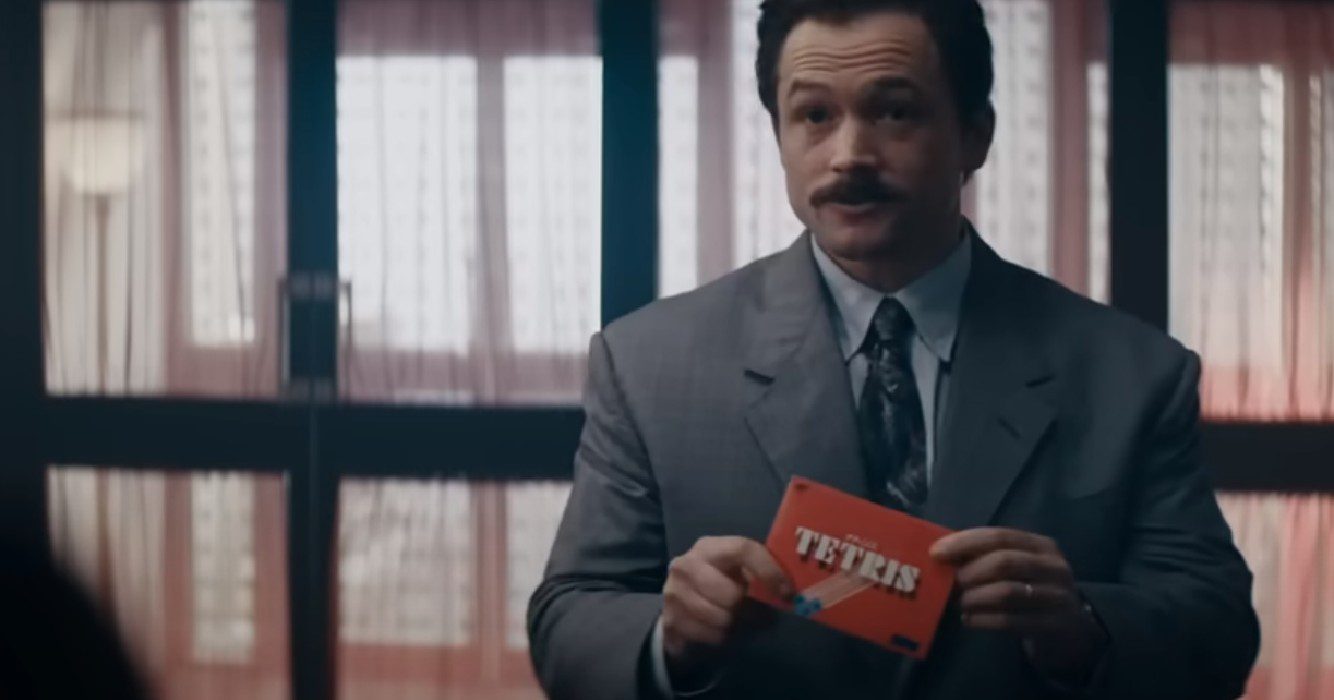In a shocking turn of events, tech giant Apple has recently found itself in the middle of a high-profile legal dispute over the movie adaptation of the classic game “Tetris.” The lawsuit, which seeks damages in the millions of dollars, highlights the complex web of intellectual property rights, licensing agreements, and the significant financial risks associated with making popular classics for the big screen.
Behind It All

Alexey Pajitnov, a Russian software programmer, first popularized “Tetris” in the 1980s, and it swiftly spread over the world, enthralling players of all ages. Although it had a straightforward idea (align falling blocks to form lines), it was quite addicting. Over the years, “Tetris” has undergone numerous redesigns, reimaginings, and representations on multiple platforms, renewing its status in popular culture with each iteration. The announcement of Apple’s involvement in the “Tetris” movie production was made with much enthusiasm. Apple is well recognized for its strategic pushes into entertainment through Apple TV+. The movie promises to go in-depth into the game’s past, its cultural significance, and the fascinating court cases that surrounded its early legal rights.
High Stakes

Apple was served with a lawsuit, however, shortly after the movie was announced, claiming intellectual property infringement and misrepresentation of certain historical facts. The parties involved in the lawsuit, who are now remaining anonymous, assert that Apple was unable to secure the required permissions and clearances for some of the content used in the movie. Fans and business experts alike are keeping a close eye on this lawsuit since millions of dollars are at stake. Not only could a decision against Apple have significant financial repercussions, but it may also set a standard for future video game or other intellectual property adaptations.
Additionally, this case may damage Apple’s standing as a content creator, despite the company’s extensive marketing of its entertainment division. The case serves as a reminder of the value of performing careful due diligence, especially when acquiring real estate with a protracted litigation history. The stakes are quite high, despite the fact that how this legal drama plays out is yet uncertain. The “Tetris” movie case is a sobering example of the difficulties of updating beloved classics for modern audiences, and it shows how even industry titans like Apple can fall victim to them.


